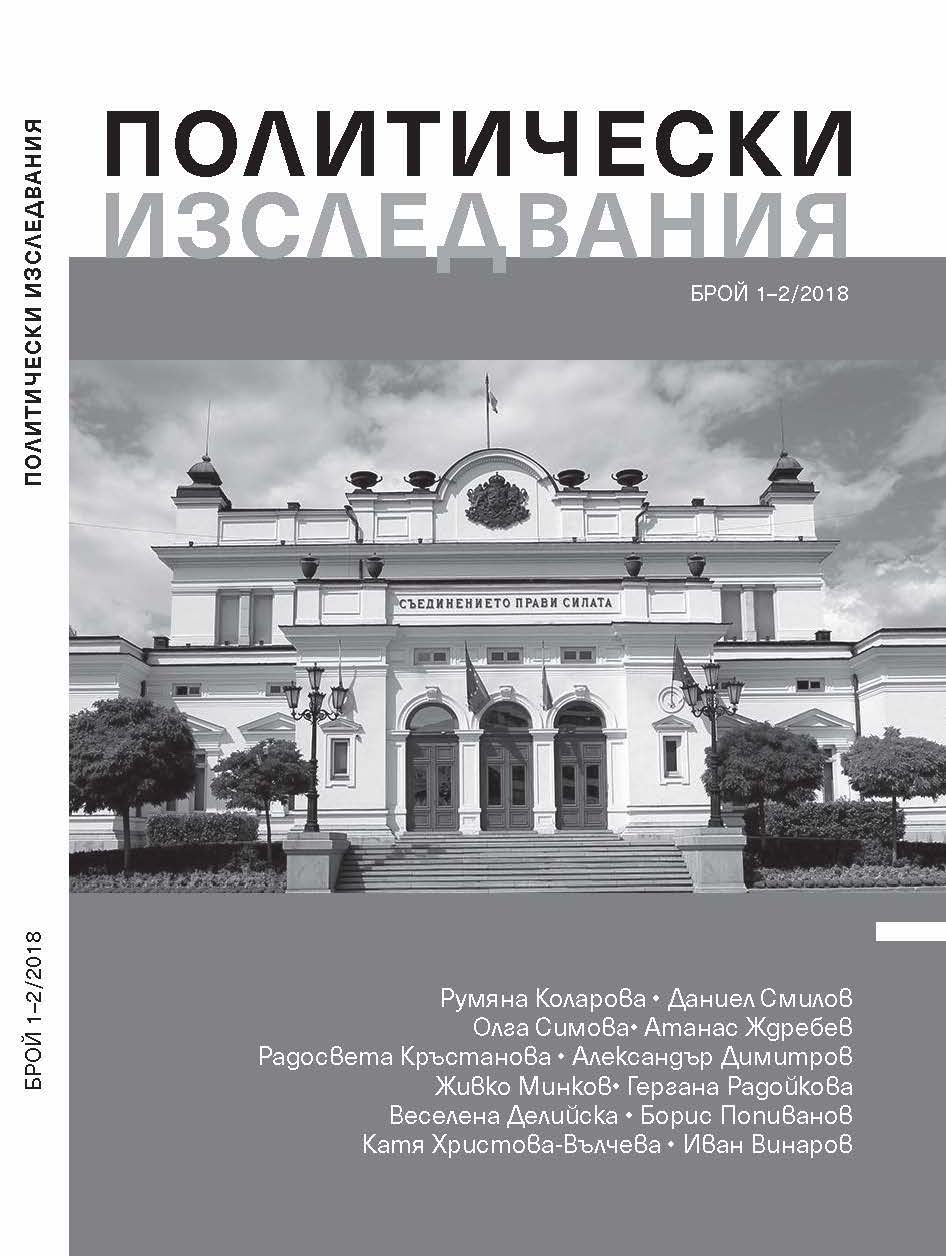Власт, страдание и състрадание
Political Power, Suffering and Compassion
Author(s): Daniel SmilovSubject(s): Politics / Political Sciences, Politics, Political Theory, Political Sciences
Published by: Българска асоциация за политически науки - БАПН
Keywords: populism; power; religion; Christianity; compassion; social rights
Summary/Abstract: The paper explores the link between the rise of national-populism and the return of religion to the mainstream of politics. One of the most popular theories explains the rise of populism with a fundamental conservative and religious shift in public attitudes in western countries. The paper tests this hypothesis by an analysis of one of the central themes – the connection between political power and compassion. The main argument is that contemporary populists, as a rule, are indifferent to or even disintegrate the institutional forms of compassion. They most often lower taxes, avoid redistributive policies, do not expand the system of socio-economic rights, and do not strengthen trade unions or NGOs targeting poor people. From this point of view populists use Christianity as a “label” without respecting its doctrinal requirements about compassion. Because of that the new synthesis between religion and politics is very different from traditional forms, as Christian-democracy for instance. Populism relies on the mobilisation of “threatened” majorities: majorities that feel they are loosing social status. Christian identity becomes a marker of the protective stance and closure of these majorities; it is also used as a call for the marginalisation of minorities: migrants, ethnic, sexual and other minorities. The reasons for these processes are at their core political and are not related to deep shifts in fundamental religious attitudes.
Journal: Политически изследвания
- Issue Year: 2018
- Issue No: 1-2
- Page Range: 41-57
- Page Count: 16
- Language: Bulgarian
- Content File-PDF

